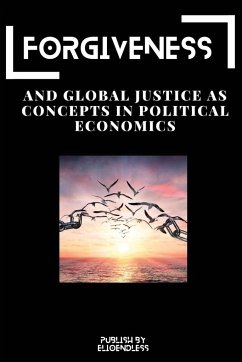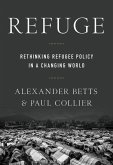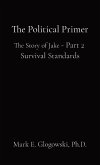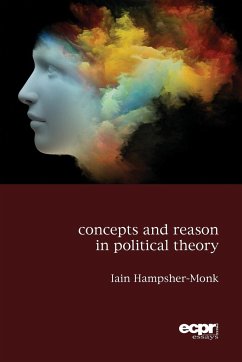Forgiveness and Global Justice as Concepts in Political EconomicsDescription Explore the Complex Nexus of Forgiveness and Global Justice In a world marked by disparities and divisions, "Forgiveness and Global Justice as Concepts in Political Economics" delves deep into the intricate realm of global justice and its interplay with the often-overlooked facet of forgiveness. This groundbreaking book, authored by [Your Name], takes you on a thought-provoking journey through the annals of political philosophy, tracing the evolution of global ethics and international justice from the times of Cicero to the modern-day debates on cosmopolitanism and universal principles.Key HighlightsUnearthing the Philosophical RootsDiscover how the concept of global justice emerged from the concerns that the world was not being treated fairly. Explore the historical journey of global ethics and international justice within the context of Western civilization. Gain insights into the development of the natural law tradition and its role as a moral standard for humanity. Rethinking Citizenship and ObligationsChallenge conventional wisdom as the book examines the widely accepted view that obligations of justice are defined by membership in a common political community. Delve into the philosophical reasoning of figures like David Miller and Iris Marion Young concerning citizenship and responsibilities. Explore the central question: "What do we owe one another in the context of the global community?" Cosmopolitanism and Ethical ImperativesUncover the idea of "global citizenship" and its historical proponents, from Diogenes of Sinope to modern thinkers. Engage with the ethical arguments of William Godwin and Peter Singer, advocating for the maximization of happiness and wealth sharing. Gain a deeper understanding of the evolving landscape of global politics, from tribes vs. governments to nation-states vs. international institutions. The Transformative Impact of GlobalizationWitness the transformation of the state system post-World War I, driven by globalization and the rise of supranational institutions like the United Nations and the World Bank. Explore how the study of political philosophy shifted its focus from domestic issues to global justice in the latter half of the 20th century. Navigating the Complexities of Global JusticeDive into the heart of global justice dilemmas, including the scope of justice, fair resource distribution, and institutional accountability. Consider the contrasting viewpoints of universalists and relativists on the applicability of moral principles across diverse contexts. Grapple with the moral questions surrounding poverty, socio-economic inequality, and the responsibilities of individuals and states. Institutions for a Just WorldScrutinize the role of various institutions, from governments to non-profits, in the pursuit of global justice. Evaluate the impact of institutions like the World Trade Organization and the International Criminal Court on international relations. Reflect on the complexities of reparations and international justice in the face of global challenges. The Vision of a Just WorldExplore the vision of a just world through the perspectives of philosophers like Thomas Pogge and Mathias Risse. Consider the link between justice, inequality, and the Universal Declaration of Human Rights. Reflect on the remarkable progress made over the last two centuries and the ongoing quest for a more just global order.








